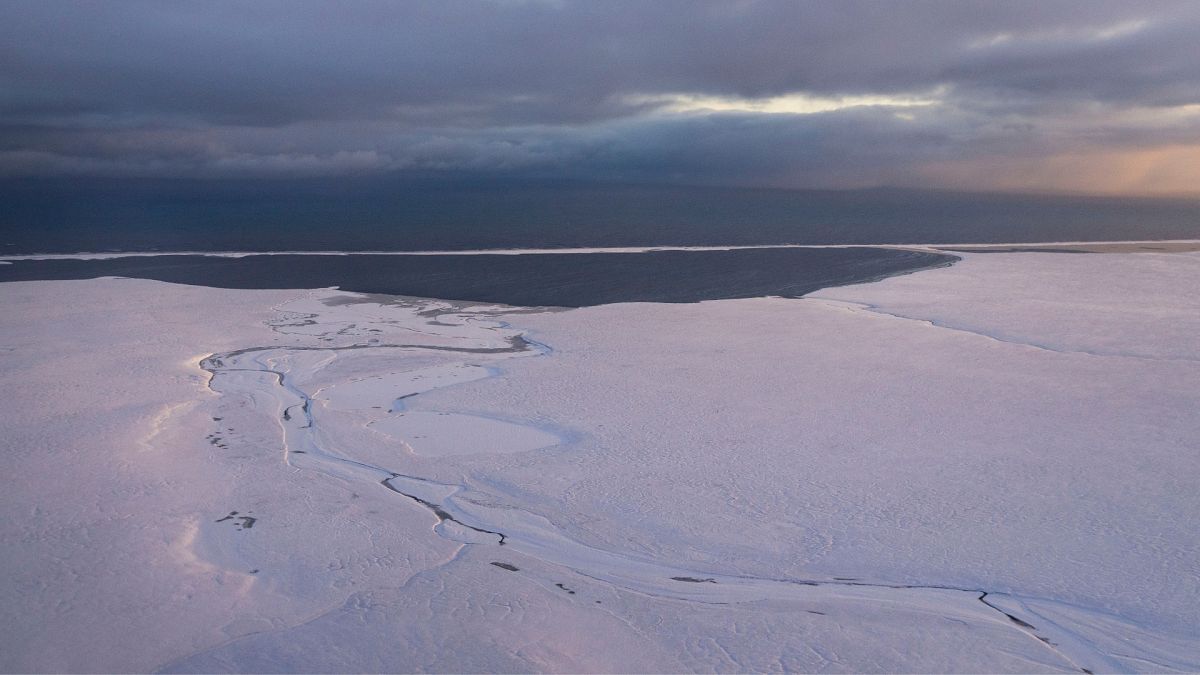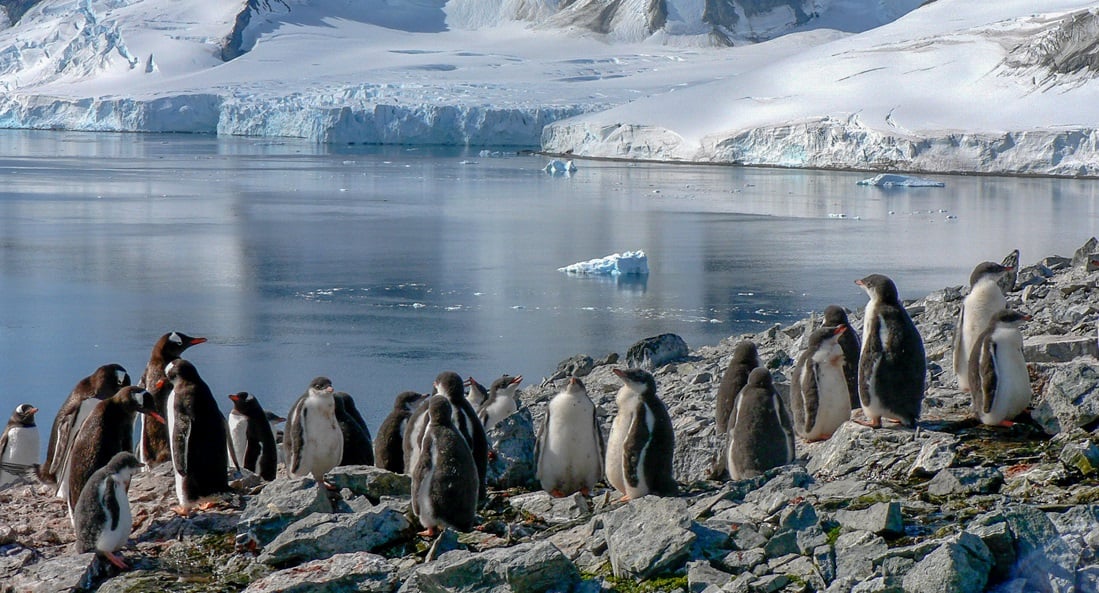
The first dead elephants were discovered in May 2020. By July of that year, over 350 of the endangered animals had been found strewn lifeless across a remote region of Botswana.

A league of scientists are calling for a critical discussion on the dangers of life forms made up of 'mirror-image molecules', because of the significant risks these creations may pose to global health.

Dramatic changes in the Arctic are being driven by high temperatures and intense wildfires. After storing carbon dioxide for millennia in frozen soil, the Arctic tundra has now become a source of emissions.

Americans, especially those born between 1966 and 1986 (largely so-called generation X), have probably suffered from an additional 151 million mental health disorders that would not have occurred without the use of leaded petrol.

The researchers have now identified chloronitramide anion as an end product of inorganic chloramine decomposition in treated drinking water.

A team puts forward a possible explanation for the rise in global mean temperature: our planet has become less reflective because certain types of clouds have declined.

New research highlights the stark choice we face when it comes to climate change: solve the crisis now, or spend a lot more money and resources solving the crisis in the future, after environmental tipping points have been passed.

Women with a higher genetic risk of depression are more likely to develop heart disease - even if they've never had a diagnosis of depression or other psychiatric disorders.

Researchers have used computer models to forecast when the Arctic Ocean might experience its first ice-free day.

A “mystery disease” recently struck the south-western corner of the Democratic Republic of Congo (DRC), killing between 67 and 143 people over two weeks.

Antarctica has shown a warming trend over the past 60 years, with the West Antarctic and Antarctic Peninsula regions showing a faster change.

Over the past three decades, there has been a startling increase in the prevalence of obesity across the U.S., at least doubling in adult men and women since 1990.

Every year, billions of vehicles worldwide shed an estimated 6 million tonnes of tire fragments.

By 2100, parts of the Arabian Peninsula could experience up to 9 degrees Celsius of warming.

Have you heard of the 3+30+300 rule for urban forestry? See how Melbourne and Sydney compare to New York, Denver, Seattle, Buenos Aires, Amsterdam and Singapore on trees, canopy and park proximity.